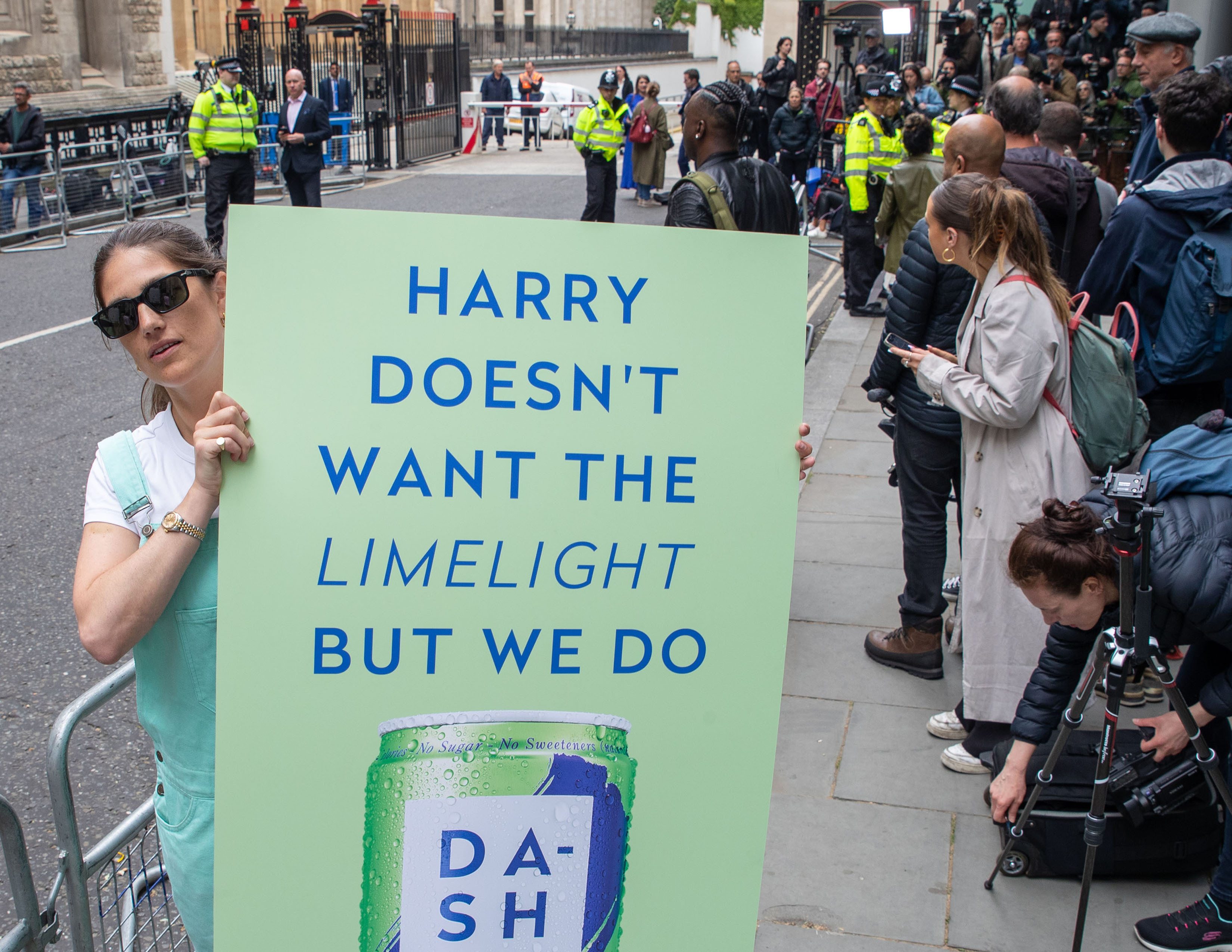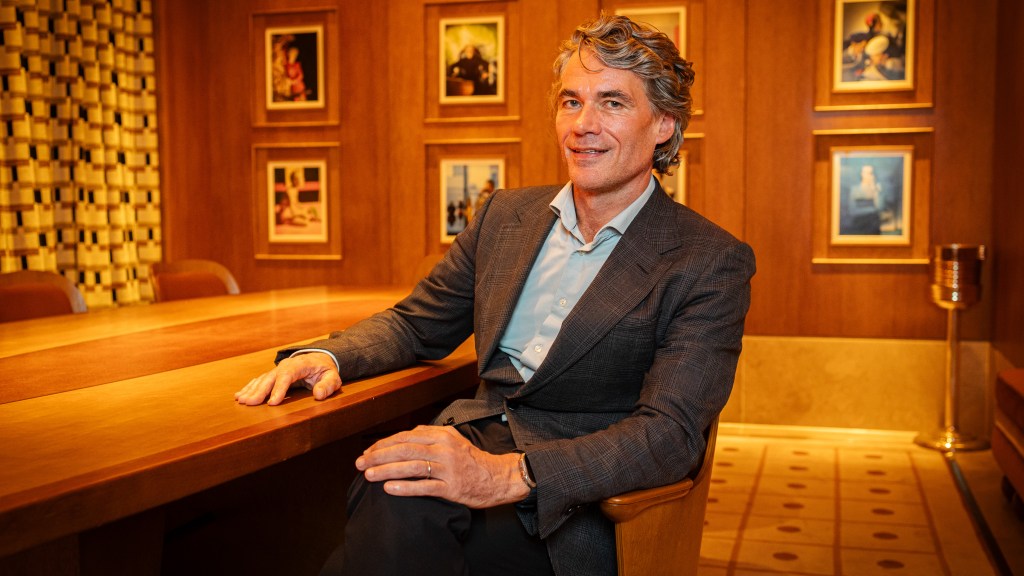Avoiding Common Advertising Mistakes in 2023
The commencement of a new year brings fresh resolutions, new frameworks, and for businesses, a clean slate for calendar marketing campaigns. From Dry January to Christmas celebrations, companies have numerous opportunities to connect with their audiences.
However, unprepared brands may find themselves stumbling into pitfalls that could jeopardize their campaigns. A focus on quick wins can lead to significant headaches if executions go awry, a lesson learned from experience.
Today’s businesses face heightened challenges compared to the past when the primary concern was simply managing finances. Now, organizations need to account for their environmental impact, remain aware of societal shifts, and integrate AI technologies into their workflows. Managing multiple priorities increases the likelihood of missteps during major campaigns.
A notable example is Shell’s advertising initiative in 2023, which was prohibited by the Advertising Standards Authority in the UK. Their ads promoting green initiatives were deemed misleading as they neglected to highlight the company’s fossil fuel operations. While energy corporations play a crucial role in the global transition to greener alternatives, failing to acknowledge the core of their business operations undermines authenticity.
Similarly, Pepsi encountered backlash for its Live for Now ad featuring Kendall Jenner. The campaign aimed to convey a message of unity but was criticized for trivializing potent social issues and appropriating the Black Lives Matter movement. The lack of foresight in anticipating potential backlash regarding such sensitive topics underscored the importance of careful consideration.
Jaguar’s recent rebranding effort drew criticism, with many claiming they alienated their loyal customer base. While the decision was bold and perhaps admirable, it illustrates the risks of jumping on current trends without a thorough understanding of the implications.
Learning from Past Mistakes
This year marks our seventh attempt at a Dry January campaign at Dash, and we’ve partnered with Alcohol Change UK, the official organizers of the initiative. Our goal was to ensure our product appealed to the “dry” drinkers throughout the year, not just for the month of January, in hopes of avoiding any missteps.
Our previous attempts haven’t been without blunders. One instance involved a substantial investment in a billboard campaign across London’s Tube stations. We showcased quirky fruits and vegetables to promote awareness about food waste. However, shortly before launch, we received notice from Transport for London indicating some of our visuals were to be banned due to misinterpretations regarding one veggie’s appearance. Despite an adjustment to the imagery, the campaign faced unnecessary hurdles.

Another project came with the recruitment of a celebrity for a key social media initiative. Unfortunately, we were more enticed by their follower count than by their genuine alignment with Dash’s values. After a significant investment into the campaign, the celebrity posted a lackluster video on an incorrect schedule, subsequently discontinuing communication with us, resulting in substantial financial losses. I’ve since come to realize that influencers who truly resonate with our brand may not always have the largest following, but they genuinely appreciate and use our product.
Prioritizing Authenticity
Today’s consumers are adept at discerning between authentic brand actions and mere marketing ploys. Attempting to leverage social issues or major movements without a sincere connection will likely be perceived as opportunistic.

This is not to suggest that brands should avoid entrepreneurial endeavors. A business must sustain itself with solid financial practices. However, aligning these decisions with principles that resonate with the clientele is imperative. A case in point is Tony’s Chocolonely, which has effectively communicated its mission against inequality in the cocoa trade while providing consumers with a tasty product year-round.
Ultimately, actions indeed speak louder than words. To ensure success in 2025 and beyond, businesses must align spontaneous decisions with meaningful long-term commitments.
Alex Wright is the co-founder and CEO of Dash Water, a healthy soft drink brand operating in 25 countries with an impressive £35 million turnover.




Post Comment